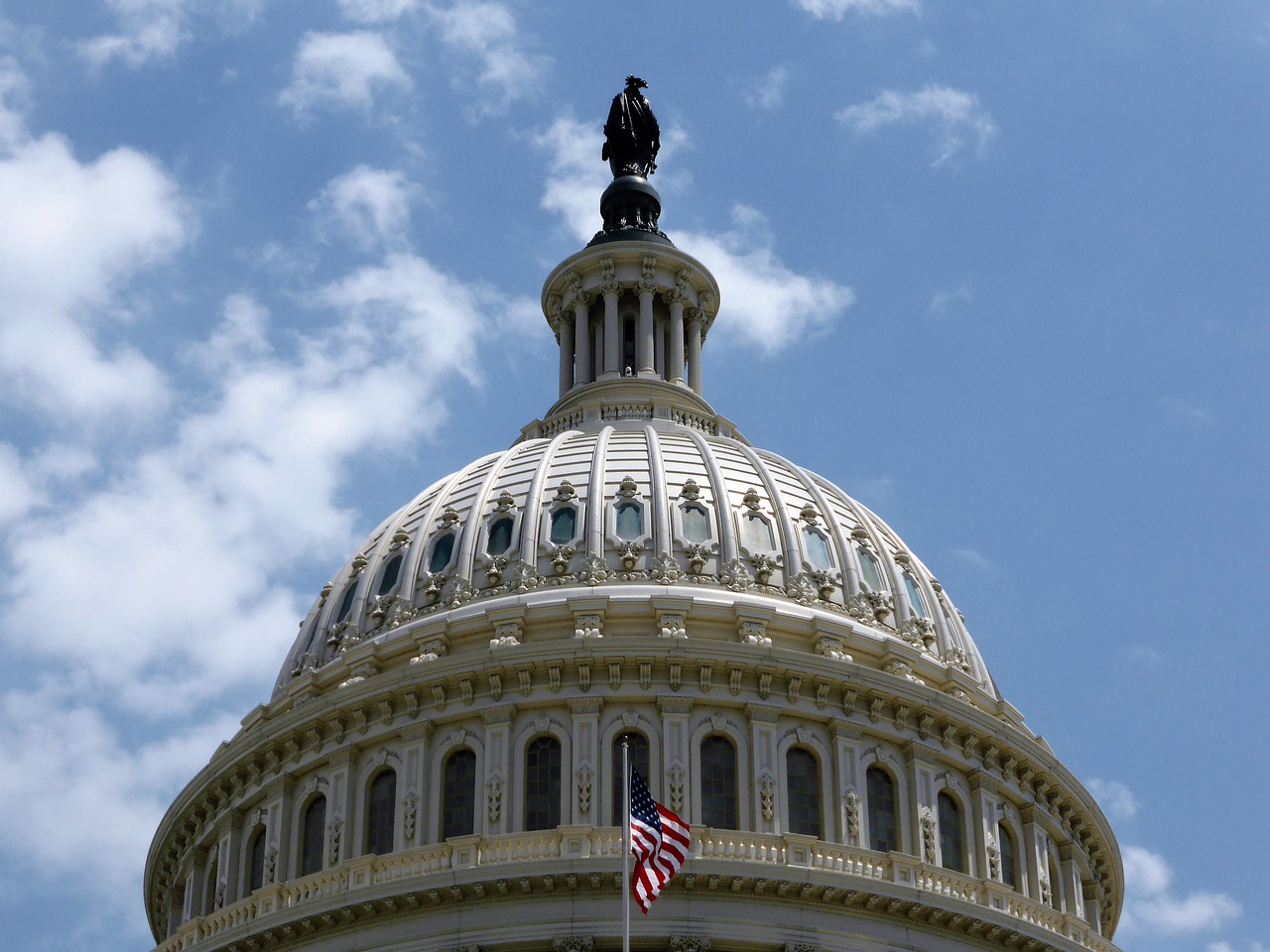Amsterdam Elects First Woman Mayor In Its More Than 600 Year City History
On Thursday, June 28, Amsterdam City Council confirmed former member of Dutch Parliament Femke Halsema to become the city’s next mayor. Halsema, a former writer, and documentary series maker, will become Amsterdam’s first female mayor in its more than 600-year history with the mayoral position established in 1343. Halsema will success acting center-right mayor Jozias van Aartsen, who took the position between 2017 and 2018 after the death of former center-right mayor Erica van der Burg.
Halsema’s nomination must be ratified by the city government and must be sent to the country’s monarch or ceremonial head of state. Her ascendance to the position came about after grassroots pressure from 45 notable women in Amsterdam calling for a female mayor in a written open letter to the city council. Halsema, a Haarlem native and Utrecht University graduate from a politically social democratic family, is a member of the country’s primary green political party, GroenLinks. Founded as recent as 1989, the party merged from other minor leftist parties to further express concerns as well as interest over not only progressive issues in both economics or social life, but also with the environment. GroenLinks received an increase in parliamentary seats in the 2017 national elections while other parties such as Geert Wilders’ far-right Party for Freedom failed to gain a majority in the parliament. If GroenLinks popularity grows before the 2021 elections, they could play a significant role in forming a coalition between other progressive parties such as the traditional social democrats and other center-left liberal or leftist parties.





Comments are closed.